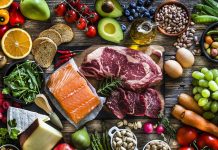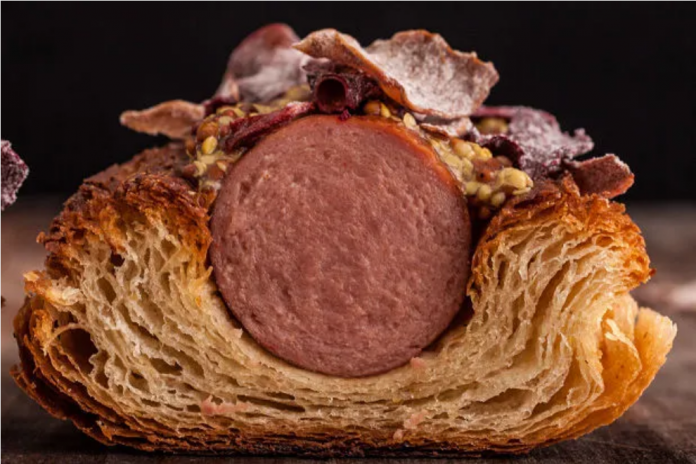Today, the most important thing to say about the word “artisan” and the related word “artisanal” is that they are completely overused and usually meaningless.
Definition of Artisanal Food
The term artisanal, in regards to food, has no legal or standard definition in the United States.
The word “artisan” or “artisanal” is usually applied to particular foods, for example, artisanal bread or artisanal cheese. Usually, this refers to the food product being made by hand, in small batches, and with particular emphasis on preserving traditional techniques. Also, fresh and local ingredients tend to be stressed.
Artisanal food makers are or claim to be very concerned with where ingredients come from and their effect on the environment. Foods that are manufactured in an industrial manner, with any type of automation, cannot properly be called artisanal, by these standards. As well, the skills that are valued in artisanal food making are those that are learned on the job and handed down from one generation to the next. Experience is seen as more important than acquiring knowledge from books or other instruction.
Artisanal, as a term, is similar to the word craft. For instance, what we call craft beer could just as well be called artisanal beer, although that term may sound strange to the ears of beer drinkers. In fact, the word artisan comes from the Latin ars, which means craft, skill, or art.
The Real Meaning of Artisanal is Anything at All
Given these definitions of artisanal, however, anybody can use the term to describe their food, even if few or none of these requirements are met. Yet, despite this, large scale food manufacturers have increasingly sought to take advantage of the current increased demand for quality food for local sources, and the term artisan might be applied to foods that are manufactured on a large scale in a modern factory. Indeed, even though artisan skills imply very old skills that have been handed down over many generations, some techniques that are quite new are being recast as artisan.
NICE STORIES FROM FOOD MAKERS
Many food makers have stories about the originator of the food attached to their marketing efforts. This is certain nothing new, as anyone who grew up on Betty Crocker and similar fictional characters can attest. These stories tend to dwell on the old family recipe and traditional values of the food’s originator. Often, however, these founders do not exist and the food was always made by a large-scale manufacturer in a large-scale factory. Therefore, unless you can find evidence that a food you buy in a super market meets a reasonable standard for being dubbed artisanal, you should assume that this is nothing more than a marketing term.
ARTISANAL VALUES?
Often, many aspects of food manufacturing are automated by machine, but one or two things that cannot be done by machine are done by hand. Thus, these aspects of the process are used as proof of the artisanal values of the food and its maker. However, the workers who complete the steps that must be done by hand may have no particular expertise or knowledge of the food, its ingredients, their source, or anything else about the food. They are trained to do one or two tasks by rote. Just because something is done by hand, does not make the person doing it an artisan. Instead of real and tangible standards, like those described above, the term artisanal is described as if it is a state of mind, attitude, or set of values. It is seen as something you can represent, even if the food-making process is completely automated.
It is unlikely that many modern businesses, even small locally owned ones, can actually operate in a true “artisanal” fashion. This reality is the very reason why food makers want to blur the definition of the word and make it as flexible as possible. In most food businesses, some degree of automation is probably used, or at least a good deal of modern technology. If we expect artisan food to abide by the above standards, for instance, then we would expect an artisan baker to knead each and every loaf of bread by hand, and this is almost certainly not tenable for today’s business. As it stands, the term is used in such a flexible and debated way, and is so easily appropriated by almost any food business, in some aspect or another, that we cannot see it as much more than a label. Each food business and food product must be judged by the the aspects we can verify and be sure of, rather than by any label attached to it by the maker. Foods that are truly handmade from locally source ingredients will, of course, have a higher price.
The current demand for high quality artisanal foods can be credited to the growing district between food consumers and food producers. The supply chain is hidden from consumers who wish to have better knowledge of what goes into the food they eat, so they can make informed decisions about their health and nutrition.



























